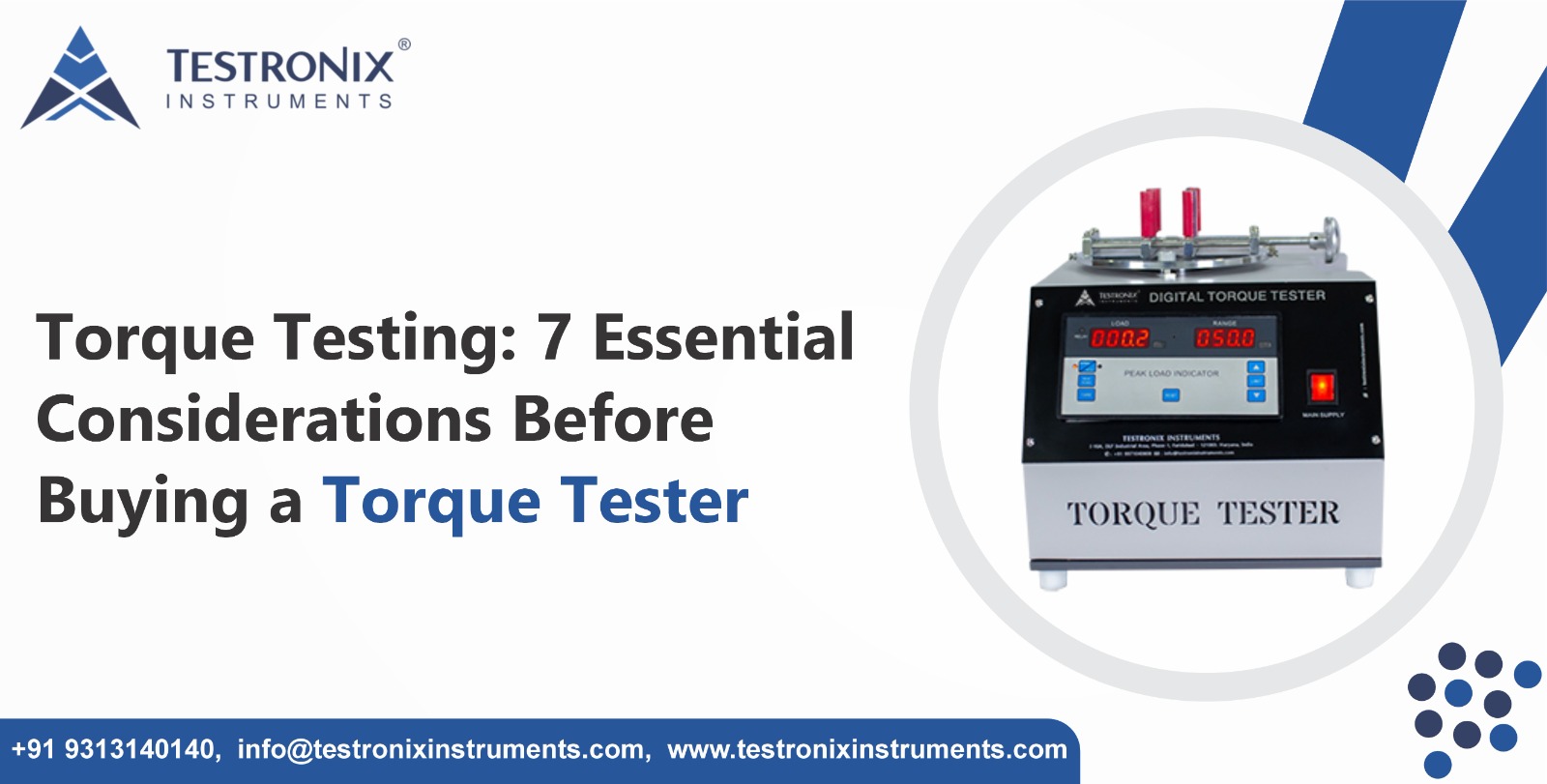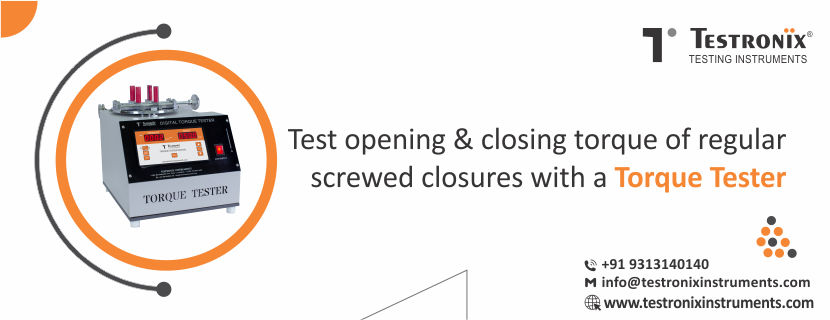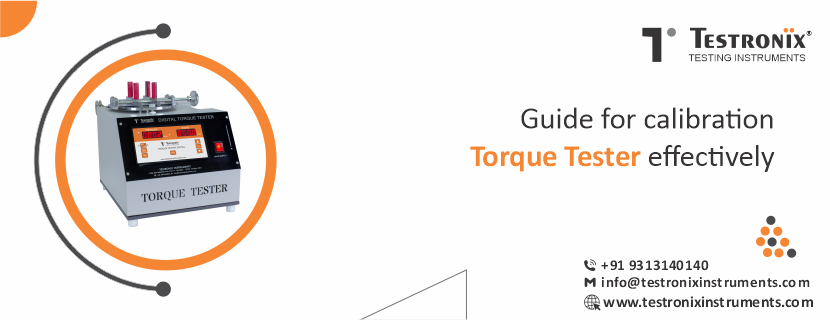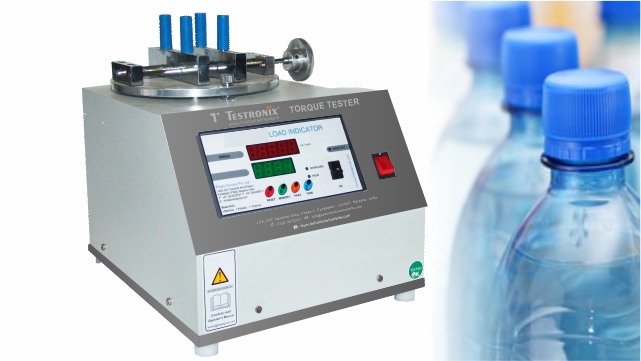Picture this: running quality checks on a brand-new product or assembly, then discovering something is off. The doubt that maybe nuts, bolts, and screws aren't fastened as tightly as they should be. That sinking feeling that the whole project might unravel because torque measurements aren't correct just hits you. Believe it or not, torque testing is a very real thing and not some mumbo-jumbo mechanics spew.
But above all, the interlocking mechanisms will not come together; you will experience parts getting corroded, defective products, or worse, safety risks just waiting to happen. Scary!
No worries, though, because torque testing is definitely not rocket science but rather the science of screws, nuts, bolts, and everything that needs to be tightened and that's where the torque tester comes in to save your day, making sure your products are good enough for passing safety and quality standards. Well, here's the deal: torque testers are not created equal, so before you go off and start shopping, there are a few things you need to know: Shall we untwist the confusion?
Enter the Torque Tester: Your Quality Control Superhero!
A torque tester measures the force or amount of torque applied to a component. In this way, it will be tightened only so-so-just tight enough but not too tight. It's like Goldilocks for engineers. Whether in automobiles, aerospace, or manufacturing, a torque tester can be an engineer's best friend with quality assurance.
But before you take a copy off the shelf (or online) here are 7 things you need to consider.
Trust me, they will save your process from spiraling out of control!
1. Type of Torque (Static vs. Dynamic)
The first thing you should ask yourself is: what kind of torque are you measuring? Torque testing normally falls into two categories- static and dynamic.
Static Torque-Here, the object is held stationary and an example would be a torque check on a bolt once it has been tightened.
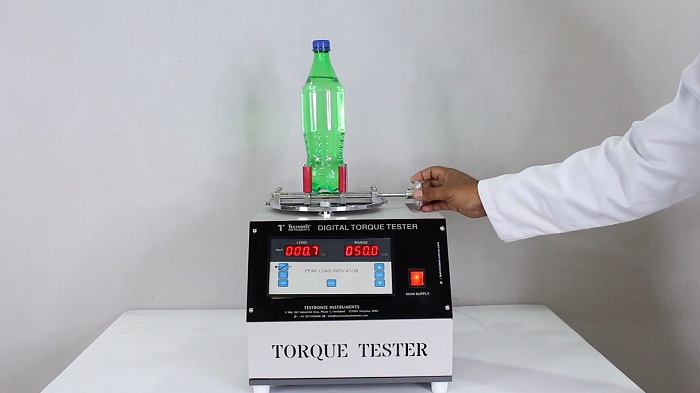
Dynamic Torque- Here the object is moving. An example here would be the measurement of torque in a running motor.
The selection of a torque tester depends on whether or not the application involves stationary or moving parts. If the wrong one is selected, then there could be erroneous readings and even destruction of products.
2. Measurement Range
Ever tried to use a sledgehammer to crack a nut? It's overkill, right? Well, the same principle applies to torque testers. What you need is a tester fitted to the range of torque measurements that your applications entail.
Now, if you happen to choose a test that falls outside your range, you either undermeasure or worst case, overstress your components. So never forget to check the specs!
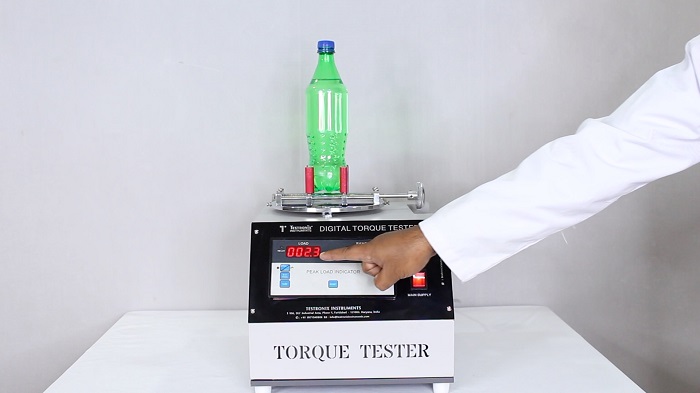
3. Precision is Everything
Torque testing is very much all about precision. If your torque tester is not accurate enough, you are probably guessing at the force applied. And we all know how engineering becomes a one-way ticket to disaster when one guesses.
4. Ease of Use: Is it User Friendly?
Ever come across a device that seems to require a PhD to use it? A torque tester shouldn't. You want one that's intuitive and easy to use for veterans of the trade, as well as newcomers. Look for models with digital displays, automatic data recording, and—that's nice—portability.
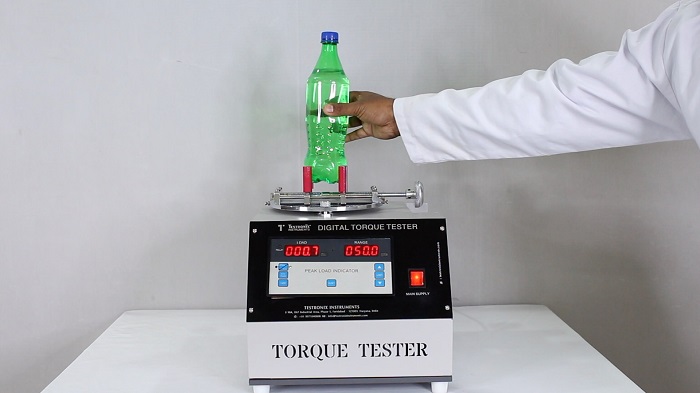
5. Compatibility with Your Tools and Equipment
It's a pretty simple thing, but your torque tester should match the tools and fasteners you're using. You might spend all this good money getting the perfect tester, then when it arrives, find that it won't latch onto your wrenches or it won't fit the particular nuts and bolts.
This would be of particular importance if you're working with custom-made tools or unique assemblies. Test it out well to make sure you're compatible before you buy; don't let a wrench in the works catch you off guard!
6. Calibration: Keep it Sharp
Like any other measuring device, calibration of the torque tester becomes a necessity in order to attain accurate readings. Before making any purchase, find out from the provider how often the tester needs recalibration and whether the same process can be done in-house or it has to be sent to a service center for the same.
7. Price
Price is always a concern but should never be the consideration by which all else is judged. The cheap torque tester is very appealing, but if the product does not do the job well or lasts you, then you have wasted your money. It's more like an investment into your product in terms of putting money into its quality and longevity.
Final Thoughts: Torque Testing Done Right.
Therefore, evaluate these seven key factors before you twist yourself into a knot over torque testing. Right from the type of torque to accuracy, ease of use, and compatibility, choosing the right torque tester will help you nail your quality control process.
Need help to find the proper torque tester? There are wide selections for any industry and application at Testronix. Contact us and let's torque!
Frequently Asked Questions on Torque Testing
-
How often will I need to calibrate my torque tester?
This really depends on usage, but generally, every 6 to 12 months is recommended. Standard calibration will give you the accuracy you want to avoid faulty readings.
-
Can I use the same torque tester for my applications?
That really depends on the measurement range of your tester and the tools you are applying. Since some testers just offer versatile readings in varying tasks, others will need some attachments for the job at hand.
-
Can I use the same tester with different torque tools?
Yes, but in making such a choice, you need to make sure the torque tester supports the full torque range and types of tools you plan to test.


